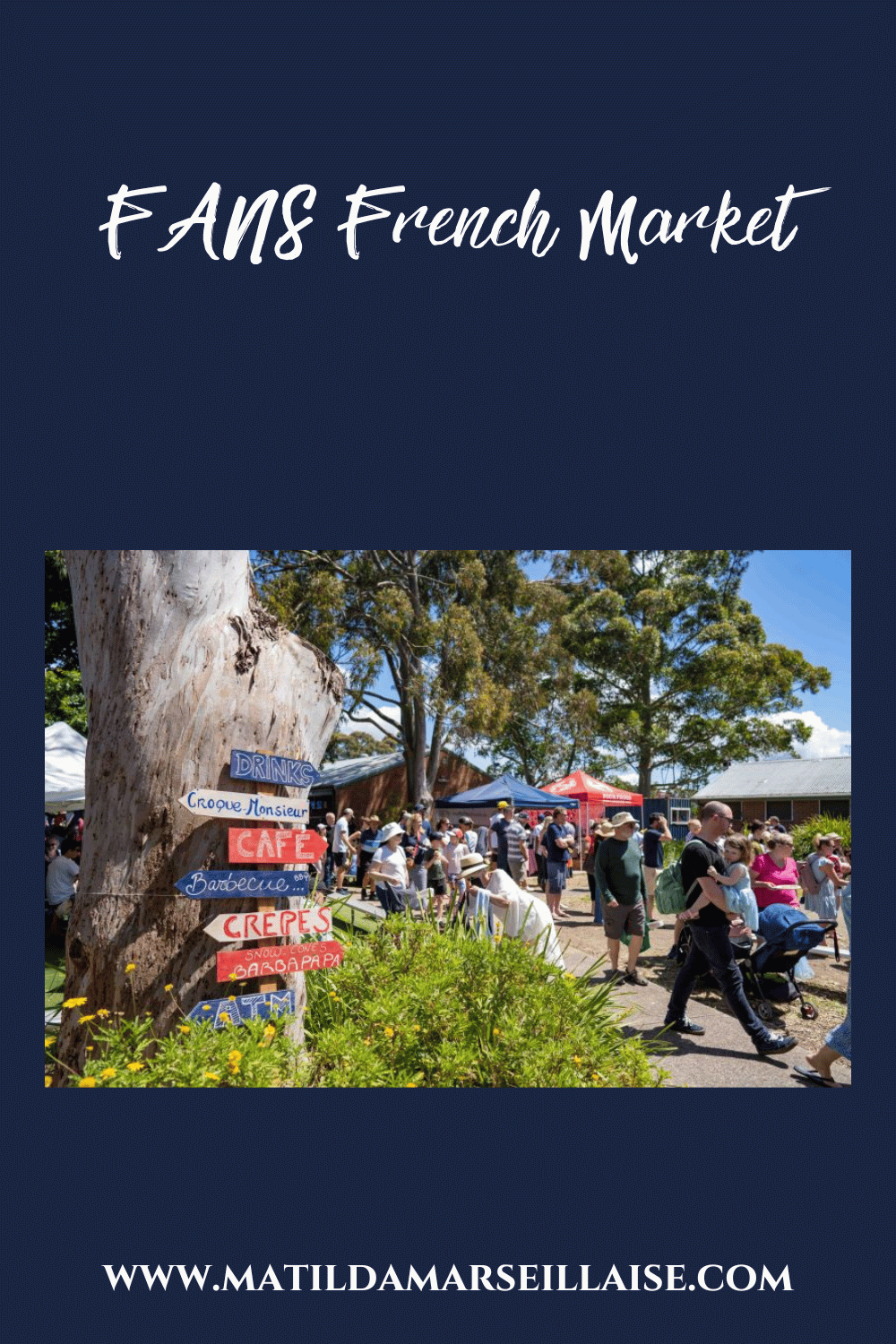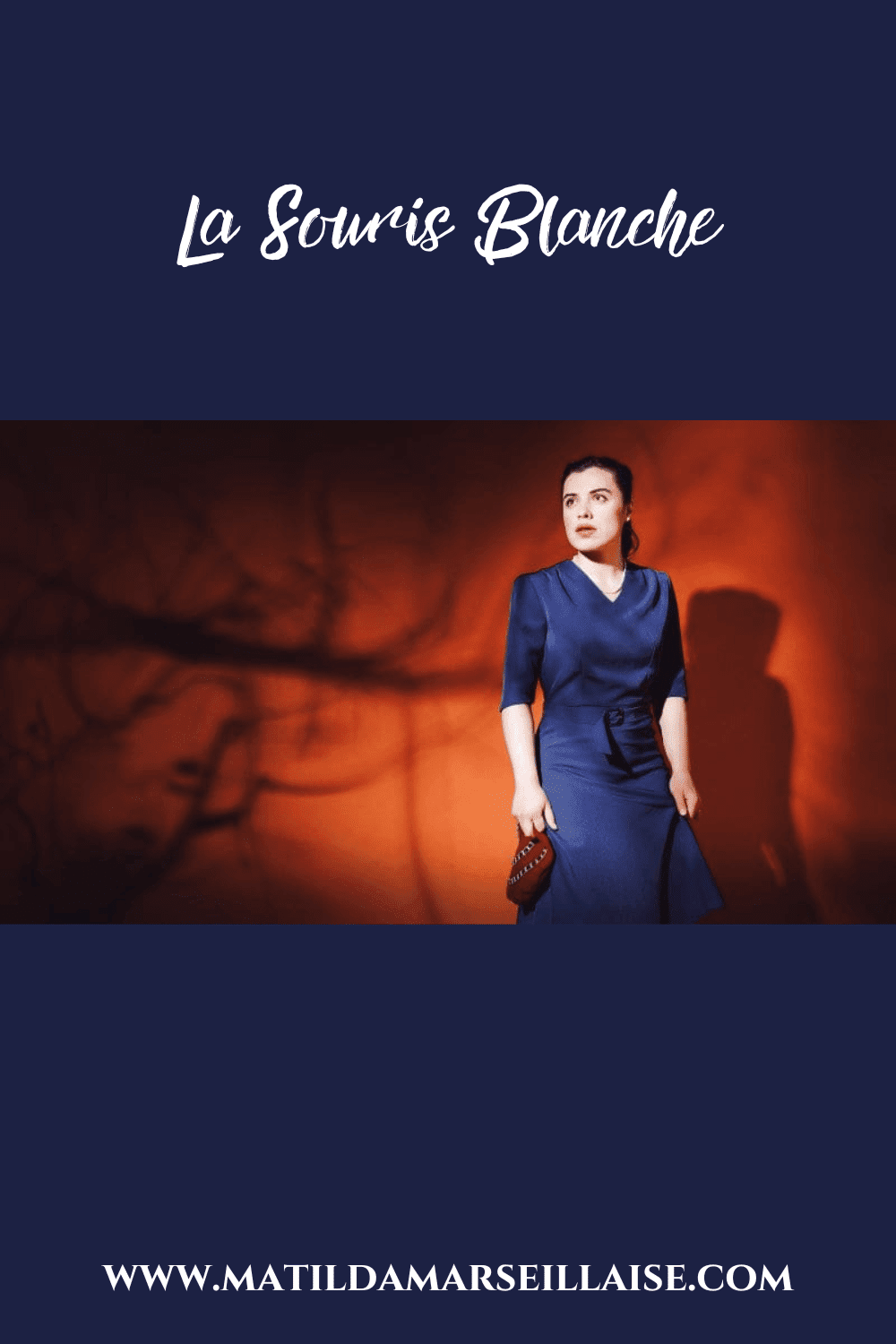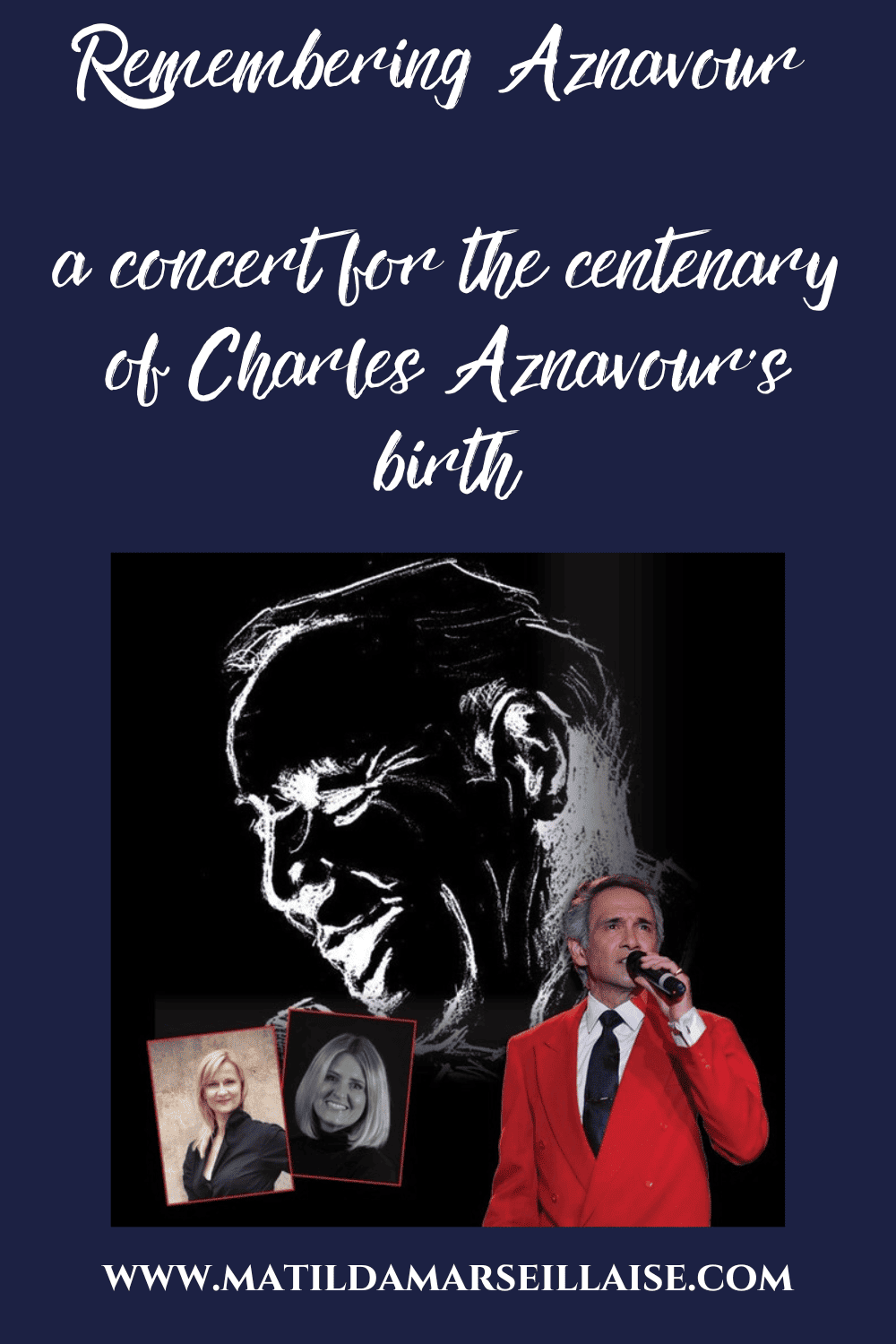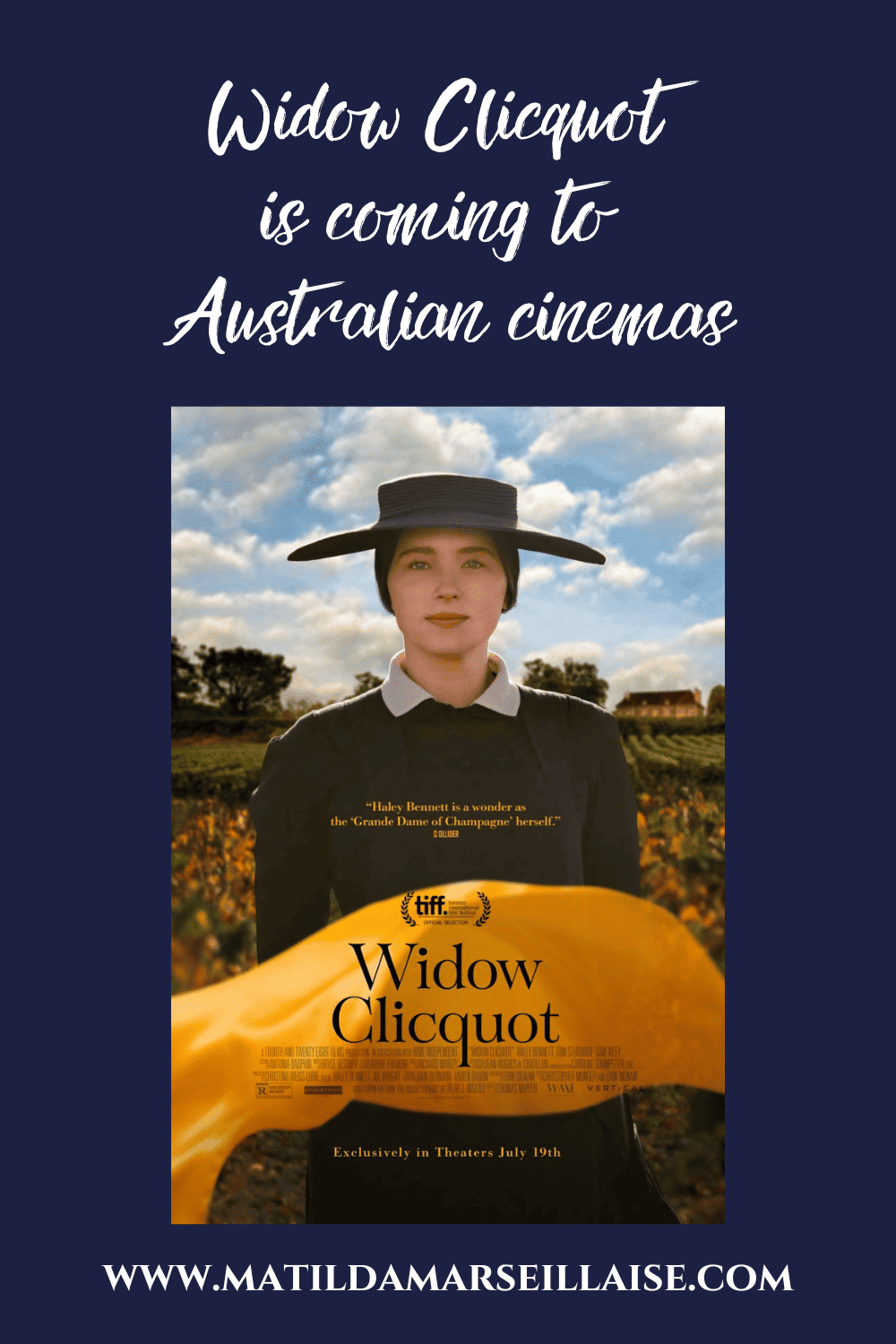Louise McCabe will present her show A night to Baguette, an aburdist tragi-comedy, whodunit cabaret within a play at Adelaide Fringe 2023 next month, We chat to Louise about her new show, French chanson and much more.

Bonjour Louise, you’re bringing a new show A Night To Baguette to Adelaide Fringe 2023 (which is a fantastic name for a show). Could you please tell us a little about the show?
A Night to Baguette is an absurdist, tragi-comedy, whodunit/ cabaret within-a-play set in Nazi-occupied Paris in 1941. It follows the last hours before the final performance of Lulu Ledoux, an (imaginary) darling of the Parisian cabaret scene. The show uses comedy, tragedy, song, satire, absurdism and farce to explore themes of polarity, the rise of fascism and living in uncertain times – themes that today’s audiences are only too familiar with!
I decided on the name as it was a great pun but also it describes the play well – it’s supposed to be a wonderful night for the character Lulu, but everything goes wrong so it turns into a night she wishes she could forget.
I was awarded a grant for this show from the Adelaide Fringe Artist Fund.
What was your inspiration for the show?
Originally, I was going to write a longer version of my 10-minute cabaret, Who Killed Lulu-Delacour-Bouillabaisse-Crocenbuche-Pompidoux-Paris-Saint-Germain (the title is almost as long as the original show)! It won Best Cabaret at Gold Coast Short & Sweet Festival and was a lot of fun.
But when I sat down to write it, I put aside many of the original ideas as they didn’t inspire me any more. Then, this image appeared in my mind: The lights come up on stage and the character, Lulu, lies face down on a blood-stained table. I wondered – how did this happen? Who killed her, and why? I didn’t know the answer – so I wrote the play to find out.
To get started, I focused on the times that Lulu was living in – Nazi-occupied Paris. I knew a bit about the historical events of Vichy France, but I wanted to understand the day-to-day world of artists living through it. In my research I found a wonderful book, And the Show Went On: Cultural Life in Nazi-Occupied Paris by Alan Riding. The book is about the role of artists amid national trauma, and is very detailed and well researched – I highly recommend it to anyone interested in that era.
I saw a lot of parallels with today, where we’re experiencing the worst pandemic in 100 years, inflation, the impacts of climate change which will only escalate, rising fascism across the globe and ongoing wars in places like Ukraine and Syria — and the kind of fear and polarisation that these events create. In the midst of trauma, people’s lives go on; how do we cope, and how do we create meaning and connection when everything seems to conspire to tear us apart?
The other inspiration is French culture itself – I am a Francophile and love the style of the chanteuse, the physical comedy of artists like Jacques Tati and the tradition of farce in French theatre and movies. I studied modern European history at school and am fascinated in that period of history.
My work as an artist is also influenced by post-WWI theatre – especially the existentialists and absurdists. I’ve used the absurdist notion of treating the bizarre as normal, and I’ve subverted a few French clichés throughout the play to make a comment on the absurdity of living in Fascism and war. They create humour, so it’s quite a dark humour.
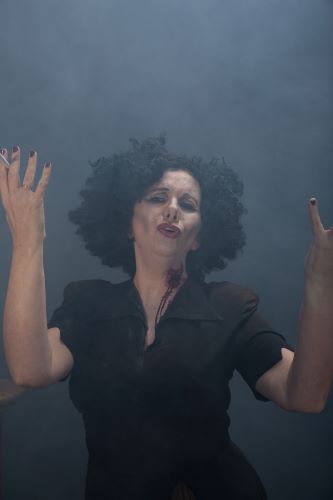 In the show, you play cabaret artiste Lulu Ledoux murdered before performing The Greatest French Song Ever Written. Was Lulu Ledoux a real person? If fictional, who was she inspired by?
In the show, you play cabaret artiste Lulu Ledoux murdered before performing The Greatest French Song Ever Written. Was Lulu Ledoux a real person? If fictional, who was she inspired by?
Lulu is a total fabrication. But some of the things she experiences are based on research of the period – the hunger and cold that the population of Paris experienced, the suspicion of who was collaborating, the early fledgling days of the Resistance movement, the popularity of theatre/cabaret among the Nazi soldiers and so on. Edith Piaf is probably an influence – but she’s not meant to be anything like Edith in terms of personality or her life.
The show is comprised of real and imagined French chansons. Which real French chansons can audiences expect to hear?
Aha – they will have to come and see the show to find that out! J
Did you write the imagined French chansons yourself? Are they wholly in French or in Franglais?
They’re existing songs that were performed by French-speaking artists but weren’t of the era. They’ve been ‘re-imagined’ as if they were songs of the time.
If entirely in French, how will audiences understand them? If they need to?
All but two of the songs will be in French (and one is half in English and half in French). There will be translation provided either on the screen or as a program (I’m still working that out).
It’s not 100% necessary for the audience to understand the songs, because the context of the show will explain their general meaning. But some audience members will want the option of a translation to understand them more deeply, so I’ll provide it.
You’re joined on stage by Deborah Brennan and Jimmy Vine. What do they bring to the show?
Deborah Brennan is an accomplished cabaret singer and storyteller herself and a beautiful pianist. She will be the accompanist for this show. Jimmy Vine is a stand-up comedian, actor and writer. He is playing my lover, Gerard Connard, who is a comic character and a flawed hero.
I’ll also be joined by local musicians Pearl Tizzie (bass/accordion), Dylan Warren (drums/percussion), Ingrid Homburg (violin) and Denise Boyland on vocals. They’ll play characters within the show too.
All the cast are fantastic at what they do. I’ve worked with all these artists before and we get along really well. There will be a lot of joy on stage.
 This isn’t an ordinary show of French chansons, it’s an absurdist tragi-comedy in which Lulu Ledoux tries to discover the person who killed her just as she was about to perform The Greatest French Song Ever Written. How did you come up with the idea?
This isn’t an ordinary show of French chansons, it’s an absurdist tragi-comedy in which Lulu Ledoux tries to discover the person who killed her just as she was about to perform The Greatest French Song Ever Written. How did you come up with the idea?
In the original version, the focus was purely a whodunit. But this time I decided to focus more on why Lulu would be killed – the lead-up to her last moments and the world events surrounding her death. But the whodunit remains an important through-line within the play – so the audiences will wonder the whole way through – who killed her? And hopefully will try to use the clues in the show to work it out.
The Greatest French Song Ever Written is an absurdity – how does anyone ever decide that (although people like to argue and join opposing camps on social media about things like this). But within the world of the play it’s very much a thing and a huge, huge honour for Lulu – and perhaps the cause of some jealousy among her peers. It’s Lulu’s driving force through the show, and she must overcome a lot of obstacles to sing it.
While writing the show I was watching a Netflix drama called The Staircase, where they re-enacted a few possible causes of a character’s death. This made me think of the idea of showing the lead-up to Lulu’s death in a few different ways, like a kind of ‘Hercule Poirot’ re-enactment of a murder, based on the clues.
Is there a reason you chose a French heroine and French songs for this show?
I originally created the Lulu character when I put together a little show of Edith Piaf songs. It was just a way to involve character with song, which I like to do. The character then developed a life of her own, as they do. I’ve always loved French chanson – and the songs tend to suit my voice and style of performing.
Also, when I was quite young I read a book about Violet Szabo, a French/English woman who joined the Special Operations Executive (SOE) to assist the work of the French resistance in WWII. While the Lulu character is nothing like her, except maybe her determination, I have always been fascinated by Violet Szabo’s incredible courage, which initially created my interest in this period of France’s history.
Would Adelaide Fringe goers have seen you in previous shows? How does this show differ from those?
This is my third fringe show. My company is called Guilty Pleasures – Shows, and I produce theatre, music and cabaret (usually a combination).
My other shows include Conversations with Goddesses (about 5 goddesses who came back to Earth to try and sort out humanity) and The Runner Up about an 80’s rock chick, who had a number-two hit and was trying to make a comeback. I also produced A Tribute To Kate Bush in 2021 and reprised it for the Adelaide Cabaret Fringe Festival in June last year.
While all these shows involved music, the themes of A Night To Baguette are different. It’s also the first one that’s influenced by French culture. And because this play is a whodunit, it has a different structure. It was a really interesting way to write – I knew how it ended, so I wrote it backwards and on the way discovered who killed her and why!
Are you musically trained? How long have you been singing?
I have been acting since the 80s and writing, producing and performing cabaret for about 20 years. I have a BA in Performing Arts, which included singing training. I also trained with Parissa Bouas in Byron Bay, and with Samantha U’Ren, a Melbourne-based singing teacher and speech pathologist.
Why should people come see the show at Adelaide Fringe?
The show is a must for Francophiles – but anyone who likes a show that is entertaining, engrossing makes them laugh and gives them something to think about will also enjoy it. Also anyone who’s lived through crazy times will relate – so that’s all of us really!
—
We thanks Louise McCabe for this interview and can’t wait to see A Night to Baguette at Adelaide Fringe 2023.
KEY INFO FOR A NIGHT TO BAGUETTE
WHAT: A Night to Baguette (an absurdist, tragi-comedy, whodunit/ cabaret within-a-play)
WHERE: Nexus Arts, North Terrace, Adelaide
WHEN: Three performances only:
- Saturday 11 March at 8pm,
- Sunday 12 March at 5pm. and
- Wednesday 15 March at 7pm
HOW: Book your tickets here: https://adelaidefringe.com.au/fringetix/a-night-to-baguette-af2023
HOW MUCH: Tickets cost (excluding booking fee):
- adults $35,
- $27 for those with a discount or Bank SA card, and
- $17.50 per ticket for Fringe members when you buy 2 tickets.
MORE INFO: Visit https://guiltypleasures-shows.com
MORE ADELAIDE FRINGE CONTENT
Adelaide Fringe 2023: 23 shows with French and francophone links to see
Les Commandos Percus bring their show Silence! to Adelaide Fringe 2023
Bourgeois & Maurice: an extra-terrestrial sibling duo comes to Adelaide Fringe 2023
Les Commandos Percu Silence! is a must-see show this Adelaide Fringe – last chance tonight


